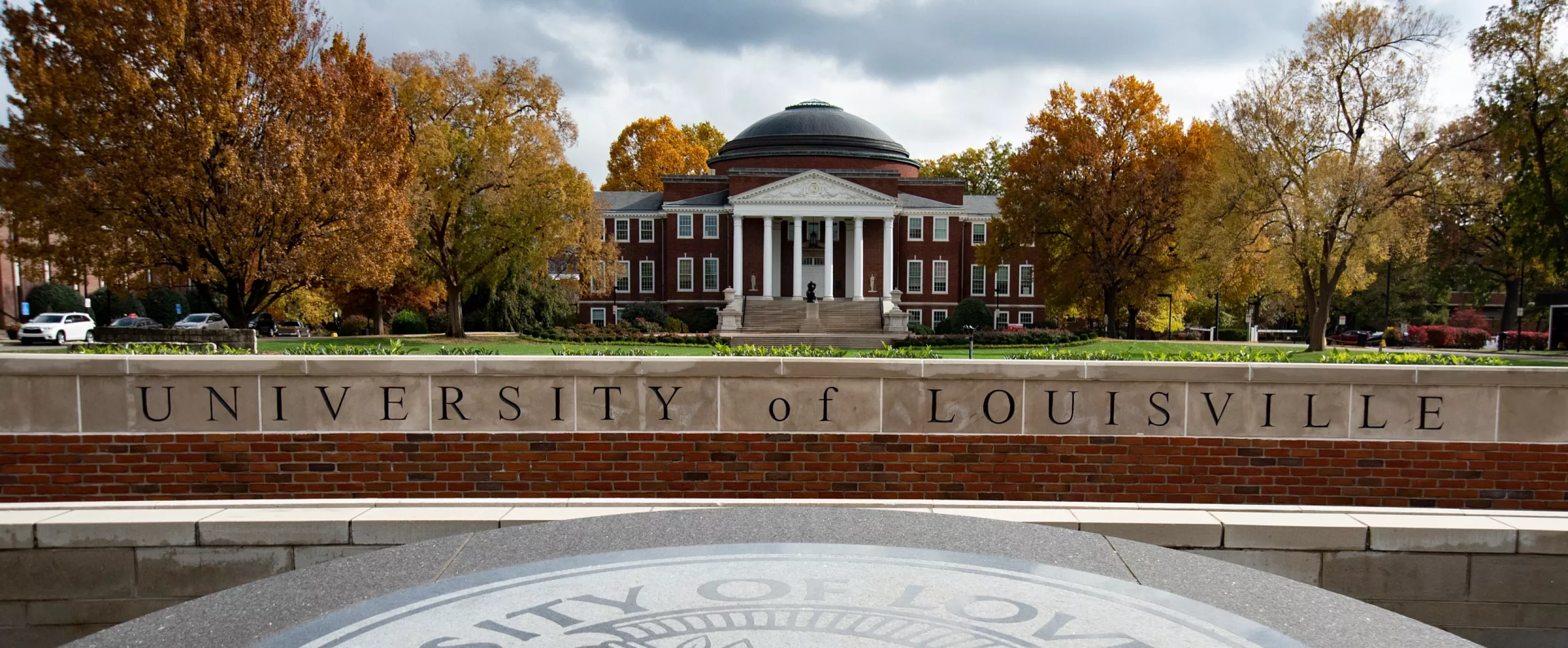The University of Louisville is located in Kentucky's largest metropolitan area with more than one million residents. Our students come from more than 100 different countries.
Our Beautiful Campuses
From the main campus to the Health Sciences Center downtown. Come see what UofL is all about.
The University of Louisville Campus Tour





